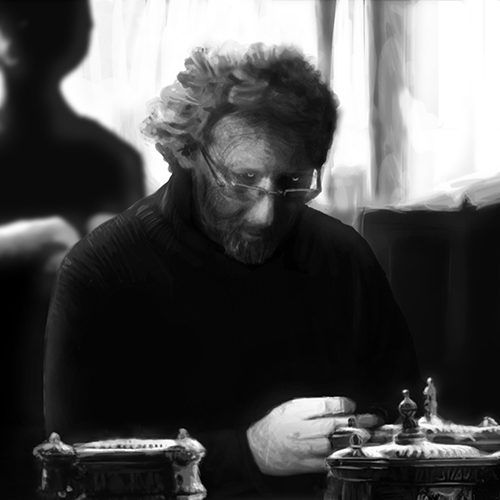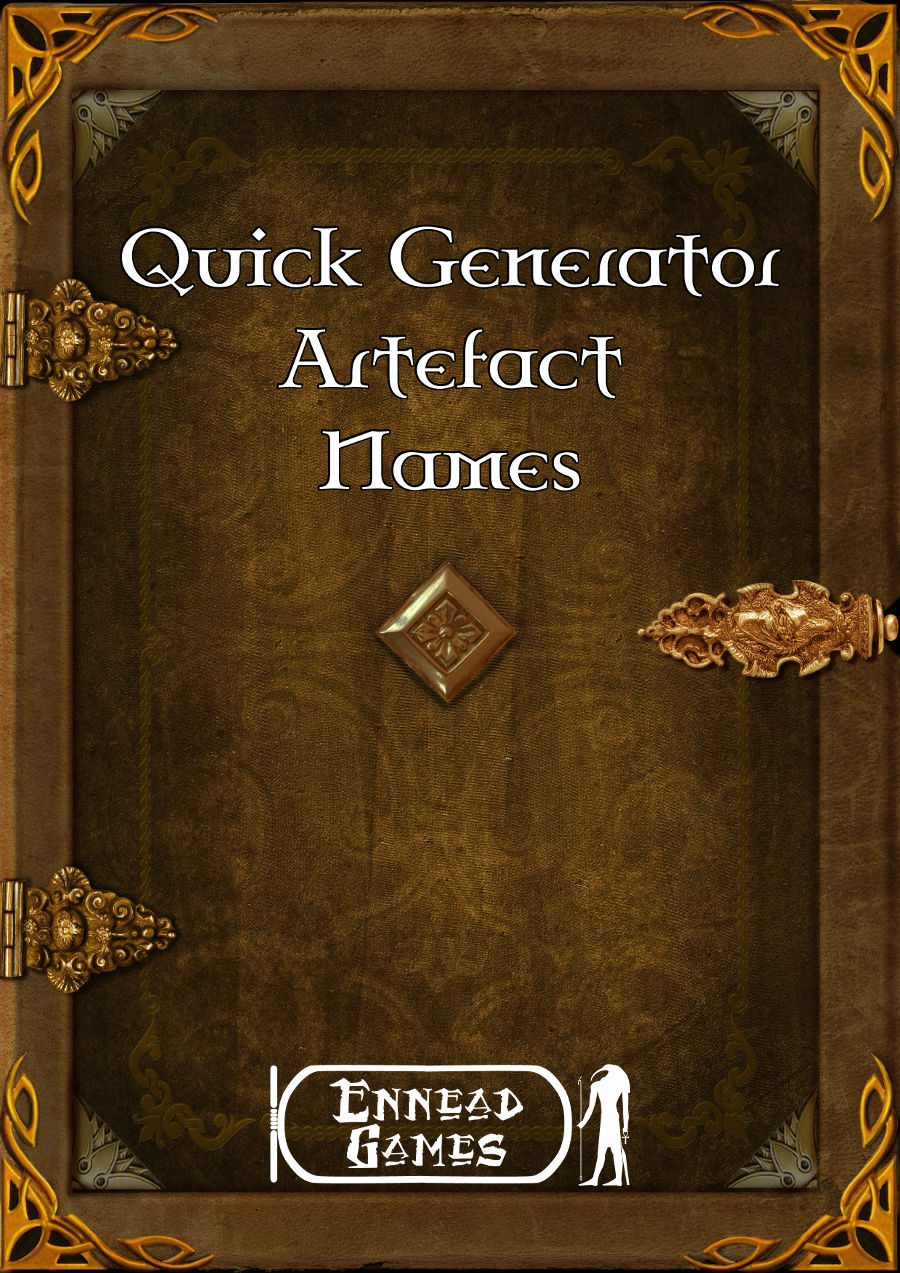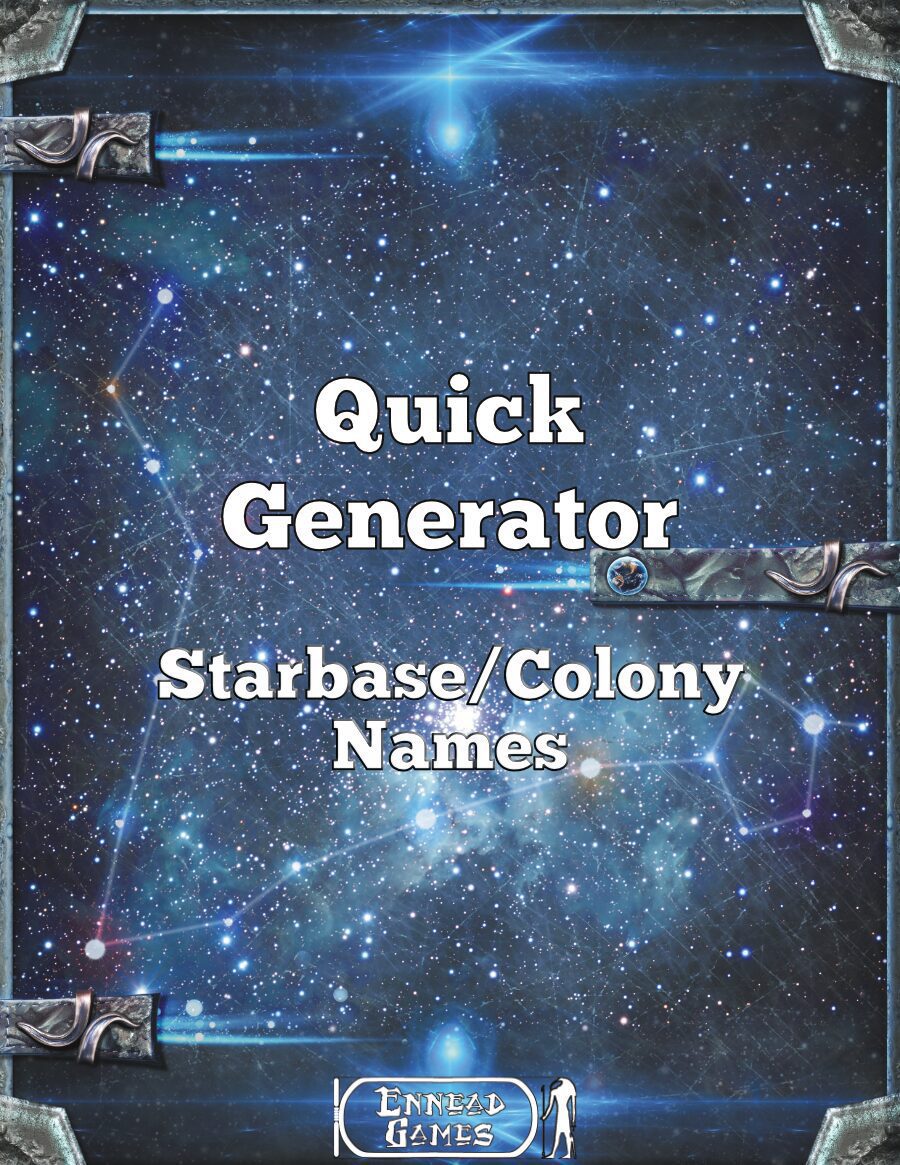
Yes/No, but Little Wizards
Note – This was meant to go out on Saturday but for some reason didnt. So re-posting it now. Will investigate the issue and if needed, get in an exorcist
Phil Nicholls blogs at Tales of a GM, where he writes about narrative gaming, faster prep and more story. He is currently running a HeroQuest Glorantha campaign in a home-brew setting. Phil has written for Johnn Four’s Roleplaying Tips newsletter and produced a selection of self-published pdfs.
This essay is taken from the archives at Tales of a GM.
This article is a synthesis of two previous posts. Both looked at ways to make the outcomes of skill checks interesting, and ease the process of narrating the results. First there was Totally Yes/No and But which expanded the graduated outcomes in HeroQuest. The second post was Little Wizards and Making Failure Interesting.
My Tales of the Hero Wars campaign is played primarily using my beloved HeroQuest rules. I combined the approaches of HQ and Little Wizards. In HeroQuest terms, many of the Little Wizards outcomes fit in different places within the hierarchy of results.
While I want the structure of the HeroQuest results, the Little Wizards suggestions help me narrate a broader range of outcomes. Before taking a detailed look at each of the Little Wizards results, it is worth reminding ourselves of the two different approaches.
The HeroQuest Way
Any roll in HeroQuest will produce the following possible outcomes. The game produces a sliding scale of either Victory or Defeat:
Complete Victory = Yes, TOTALLY
Major Victory = Yes AND . .
Minor Victory = YES
Marginal Victory = Yes, BUT
Tie = No change, or no effect
Marginal Defeat = No, BUT
Minor Defeat = NO
Major Defeat = No, AND
Complete Defeat = No, TOTALLY
In addition to HeroQuest’s simple descriptions listed above, I added brief narrative outcomes. These narrative phrases help the GM recount the designated outcome.
The Little Wizards Way
In contrast, the excellent advice in Little Wizards only dealt with ways to make failures interesting. These suggestions were:
- Not that Way
- Obstacle
- Complications
- Setback
- Tough Decision
- Another Player Narrates
There are some great possibilities here, especially that last option where the GM simply turns to another Player and asks them to narrate the outcome. My Players enjoy messing with each other, making this result a lot of fun.
Synthesis
Each of the Little Wizards suggestions fits into the HeroQuest hierarchy of outcomes.
- Not that Way
Player: Can I pick the lock?
GM: No, you cannot pick the lock
The first Little Wizards response is the easiest to place, as it is clearly the simple “No” result. Whatever the Player was trying to do cannot be achieved that way.
As this works so well for the simple “No”, then it can be equally effective for the simple “Yes”. Whatever the Player was trying to do can be achieved the way they described it.
In terms of narrative, this is the simplest option for the GM. The Player has told you what they were trying to do, and you quickly narrate it back to them as a success or a failure. There are no additional narrative twists to these results, just a simple “Yes” or “No” outcome.
- Obstacle
Player: Can I pick the lock?
GM: No, but your initial attempt reveals a needle trap. You may try again, by attempting the much harder task of overcoming both mechanisms.
The second Little Wizards option is to introduce an obstacle, which makes the attempted task harder. This is specifically intended to allows for a retry at a higher difficulty. This is clearly a “No, but” response. The initial attempt fails, but the Player may try again. For the narrative, the structure is straightforward, simply requiring the addition of an obstructing factor which raises the difficulty for the next attempt.
- Complications
Player: Can I pick the lock?
GM: No, and a guard just walked around the corner.
This option adds an external complication into the situation. The task has failed, and the situation has worsened further. This clearly falls into the “No, and” category of responses. However, the basic premise of adding complications to the plot works in another set of HeroQuest results: the “Yes, but”. Overall, this is a better outcome than the “No, and” result, as the locked door is now open.
This outcome allows the GM to complicate the plot despite the low-level of success achieved by the Player. In terms of the narrative, this is also dependent upon the GM thinking fast to find a suitable external complication. It is worth the effort, as this outcome adds new input into the story.
- Setback
Player: Can I pick the lock?
GM: No, and your lock pick is broken.
This option is the internal, Hero-focused version of the previous one. Thus, it is another “No, and” outcome, with the impact on the Hero or their equipment. Anything which makes the Hero less capable of performing the same task again is a suitable choice.
As before, this is equally suited to the “Yes, but” outcome in HeroQuest. Likewise the narrative only requires the GM to pick how the Hero has been impaired. Choosing from a limited set of options is fine, as the Players will respond differently each time, and thus keep the story varied.
- Tough Decision
Player: Can I pick the lock?
GM: No, and you set off the trap. Will you keep your fingers in the lock and let the needle hit you? Or do you leap back and let it hit the fighter behind you?
The focus of this option is to give the Player two difficult choices. At first, this seemed like a “No, totally” outcome, but then I remembered how the Player still has some degree of choice as to the final outcome. This keeps this outcome in the “No, and” category. The door is not unlocked, and something terrible happens. Only now, the Player is forced into a choice to determine exactly what happens.
Unlike the previous two options, this could also be suitable as a “Yes, but” result. The negative consequences are somewhat harsh, so it is a matter of taste whether you want to be this cruel to the Players. Perhaps the outcomes could be a little less painful for the “Yes, but” version. I like the roleplaying opportunities of the decision-making part of this outcome. This sort of choice reveals a lot about a Player and their Hero.
This is the hardest of the narrative options, so probably should be a rarer outcome. Harming self vs. harming another would be the simplest format, but even this can require a lot of improvisation by the GM. Ensuring these choices are equally tough is a difficult call. In a sense, any two bad outcomes should be enough, as the value to the game here is in the choice, not in the balance of outcomes.
- Another Player Narrates
Player: Can I pick the lock?
GM: No. [Turns to another Player] Tell us what happens.
This is the most entertaining Little Wizards option. I love the way this option does so much for the game. It brings another voice to the table, has the potential to take the story in new directions, can surprise the GM and moves the burden of narrative around the table.
In terms of the HeroQuest results, this option is suitable for all of them except the simple “Yes” or “No” outcomes. These make poor choices for this option as the outcome is so simple that there is little for a Player to add to the narrative.
The Combined Way
Bringing the two versions together gives us this revised table:
Complete Victory 1-4 = Yes, TOTALLY
5-6 = Yes, TOTALLY another Player narrates the outcome
Major Victory 1-4 = Yes AND . .
5-6 = Yes AND . . another Player narrates the outcome
Minor Victory = Yes, it happens that way
Marginal Victory 1-2 = Yes, BUT an external complication is introduced
3-4 = Yes, BUT you suffer an ongoing penalty
5 = Yes, BUT you must make a tough choice
6 = Yes, BUT another Player narrates the outcome
Tie No change or no effect.
Marginal Defeat 1-4 = No, BUT you learn more and may try again at higher difficulty
5-6 = No, BUT another Player narrates the outcome
Minor Defeat = No, it cannot be done that way
Major Defeat 1-2 = No, AND an external complication is introduced
3-4 = No, AND you suffer an ongoing penalty
5 = No, AND you must make a tough choice
6 = No, AND another Player narrates the outcome
Complete Defeat 1-4 = No, TOTALLY
5-6 = No, TOTALLY another Player narrates the outcome
I added a d6 roll to randomise the results to keep things interesting. I roll the d6 at the same time as I roll for resistance to avoid delaying the game.
Conclusion
This expanded table adds to the variety of narrative outcomes created by the graded results generated in HeroQuest. There is more that can be done with this table, but for this artiicle I am confining myself to the Little Wizards outcomes.
What narrative options would you add? Share your thoughts in the comments below.
Happy Gaming
Phil
For more essays from Phil, and updates about his latest campaign, visit Tales of a GM.




One thought on “[Tales of a GM] – Yes/No, but Little Wizards”
Comments are closed.